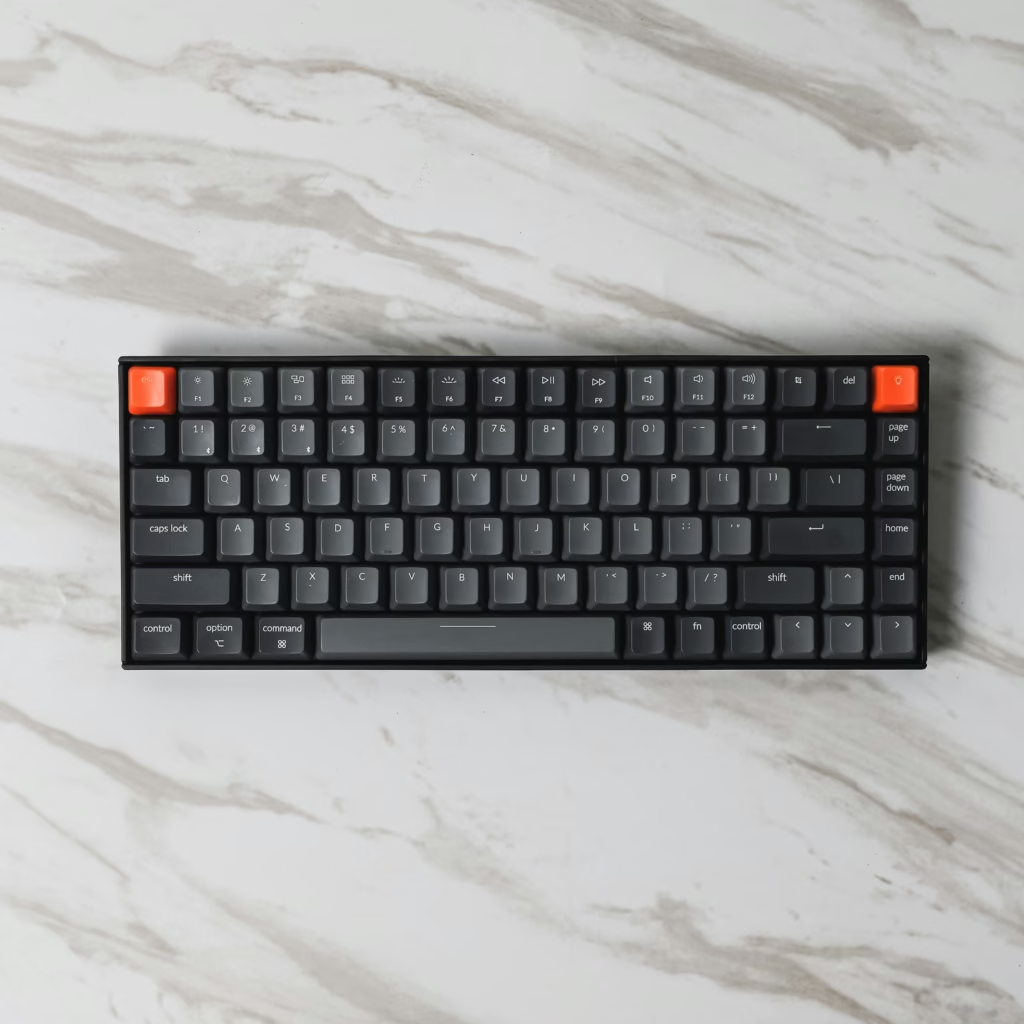Why I Switched to a Mechanical Keyboard for Study Sessions

I used to dread marathon study sessions where my fingers would cramp after just a few hours. Everything changed when I discovered why I switched to a mechanical keyboard for study sessions – the difference was immediate.
Within my first week, I noticed less finger fatigue, improved typing accuracy, and better focus during extended research sessions. For any student or professional who spends hours typing, this upgrade can revolutionize your productivity.
The Problem That Made Me Switch
My old membrane keyboard seemed fine until graduate school hit. Suddenly, I was typing 6-8 hours daily on research papers and dissertations. By mid-afternoon, my fingers felt stiff and typing speed dropped.
The mechanical keyboard benefits became clear when I borrowed a friend’s setup. The tactile feedback was instantly noticeable – each keystroke felt deliberate rather than mushy and uncertain.
How Tactile Typing Changed Everything
The switch to tactile typing study transformed my work habits:
• Enhanced focus through distinct key feedback • Reduced second-guessing about missed keystrokes
• Better typing rhythm and natural flow • More engagement with actual writing
Research shows that tactile feedback improves typing confidence and reduces mental energy spent monitoring keystrokes.
Why You Need to Reduce Typing Strain
Long study sessions demand equipment that won’t fight you. My membrane keyboard required more force, leading to unnecessary finger tension.
Mechanical keyboards reduce typing strain through:
• Lower actuation force requirements • Consistent key travel distance • Better finger positioning support • Reduced impact from bottoming out
The difference became apparent during all-night sessions. Where I previously needed frequent hand breaks, I could now type comfortably for hours.
Durability: A Smart Investment for Students
College budgets are tight, making durability crucial. My previous keyboards lasted two years before keys started sticking.
A durable keyboard for students pays for itself through longevity. Mechanical switches handle 50-100 million keystrokes versus 5-10 million for membrane keyboards. Lenovo’s research confirms this value proposition for heavy users.
Benefits include: • No mid-semester keyboard failures • Consistent performance throughout college
• Better long-term value • Less electronic waste
Improved Accuracy With Mechanical Keys
Nothing kills productivity like constantly fixing typos. The accuracy mechanical keys provide comes from precise actuation points and consistent feedback.
I noticed immediate improvements: • Fewer missed keystrokes during fast typing • Better accuracy in low-light environments • More confident typing during exams • Less editing time spent fixing errors
Studies indicate mechanical keyboards improve typing accuracy by up to 25% during extended sessions.
The Complete Ergonomic Typing Experience
My switch created a complete ergonomic typing experience with:
• Better hand positioning and natural wrist angles • Customizable layouts for different preferences • Improved feedback loop requiring less force • Enhanced comfort during long sessions
This became especially valuable during thesis writing with 10+ hour daily sessions.
Why I switched to a mechanical keyboard for study sessions ultimately comes down to recognizing that tools shape performance. When you’re not fighting your keyboard, more mental energy goes toward critical thinking, problem-solving, and sustained concentration.
The upfront cost pays for itself through improved efficiency, reduced fatigue, better accuracy, and enhanced focus.
What I Use Now
After extensive testing, I chose the AULA Mechanical Gaming Keyboard. It offers the perfect balance of tactile feedback, durability, and value for serious students.
Related Reads from Optiwire:
- If you’re looking for affordable options, don’t miss our guide on best budget mechanical keyboards.
- For smooth and portable navigation, check out our picks for proven wireless mice for students.
- And to reduce strain during long typing sessions, explore our list of top armrest pads for comfortable typing.